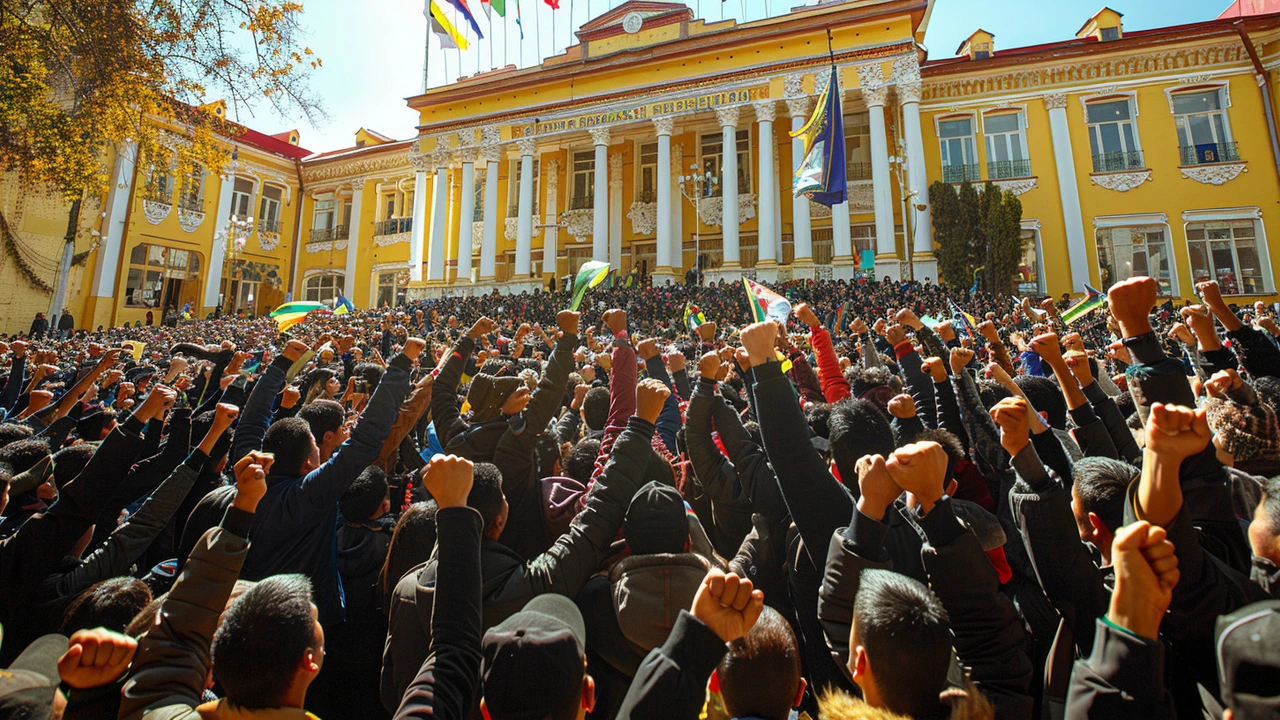Stay Updated on Luis Arce and Bolivian Politics
If you're following Latin American politics, you probably want straightforward updates on Luis Arce, Bolivia's president. Arce took office after a turbulent political phase in Bolivia, steering the country through economic and social challenges.
His background as an economist shapes many of his policies, focused on stabilizing Bolivia's economy and pushing development projects. Under Arce's leadership, there’s been a push for stronger state involvement in key industries, including energy and mining.
What’s Happening With Luis Arce Now?
News about Luis Arce often touches on his strategies to counter inflation and increase social spending. His government has had to balance economic growth with social demands, aiming to boost living standards across Bolivia.
A big part of the conversation involves Bolivia's role in regional politics. Arce works to maintain good relations with neighbors while promoting Bolivia’s interests, especially regarding trade and natural resources.
Why Should You Care About Luis Arce?
Understanding what Luis Arce is doing helps when you're tracking Latin America’s political landscape. His decisions influence not just Bolivia but potentially nearby countries too. Plus, if you're interested in energy markets or mining, Bolivia plays a significant role there under his administration.
Keep checking back for fresh coverage and detailed reports to stay in the loop on any major moves or policy changes from President Luis Arce and his government. This way, you get reliable info without sifting through confusing political jargon.

